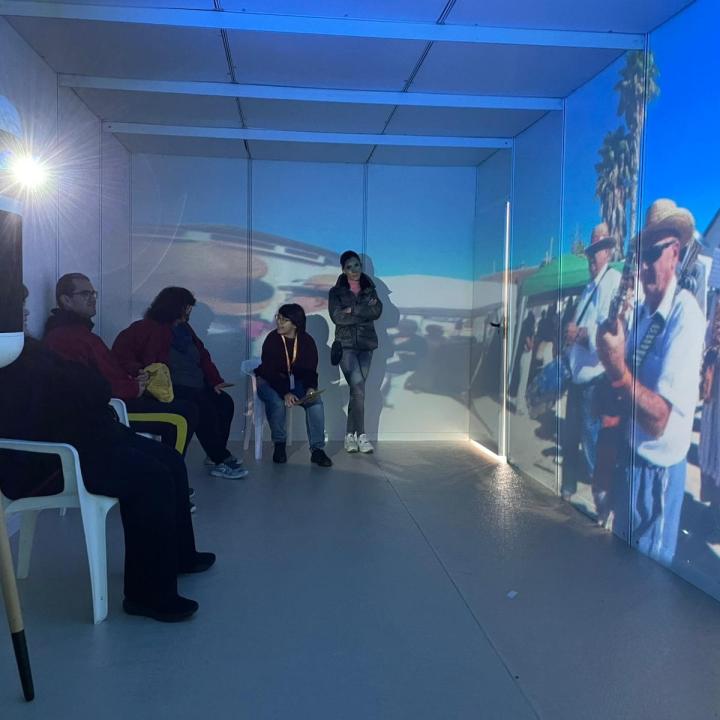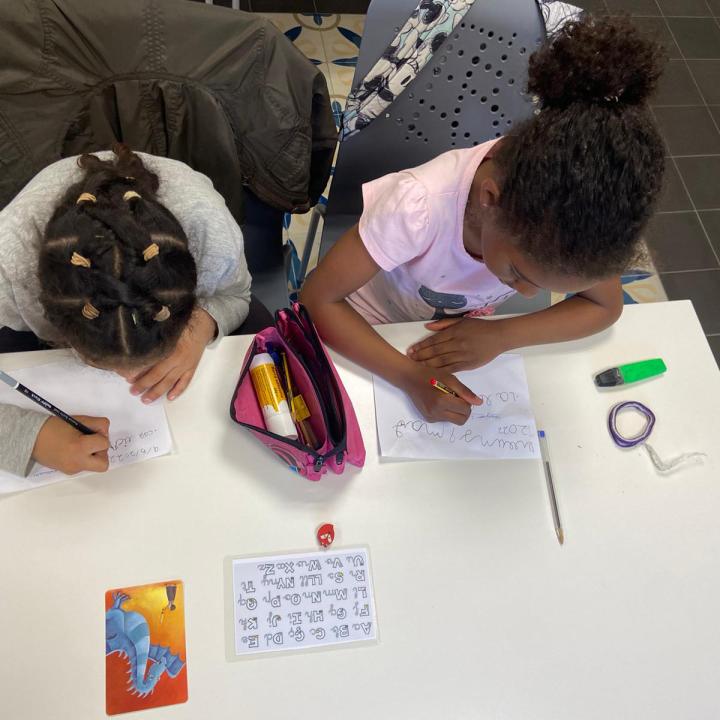Catalan cooperativism celebrates its 125 years of life with a Congress, attended by more than a thousand people and where it has emerged as a model capable of creating fairer, more egalitarian and sustainable societies.
The Catalan cooperatives are celebrating: we are commemorating the 125 years of life of organized cooperatives. In 1899 the First Catalan-Balearic Cooperative Congress took place at the Palau de Belles Art de Montjuïc. To commemorate this anniversary, not far from this place, the first Congress of Cooperatives in Catalonia since the restoration of democracy was held this week, organized by the Catalan Confederation of Cooperatives at the Palau de Congressos de Fira from Barcelona, also in Montjuïc.
"It is 125 years of life where we have faced many adversities from civil wars, a dictatorship or different economic crises, but we have come out stronger and we have established ourselves as a real and viable alternative to the traditional model", defends Laia Bonastra, president of the Governing Council of Suara.
In essence, Bonastra argues, co-operativeism puts life at the center, and therefore the person and the planet, with a clear purpose: to create more just, equitable and sustainable societies. In addition, it has a horizontal, participatory and democratic governance model, where the members are the owners of the cooperative and make the decisions about it. Therefore, the DNA of cooperativism is configured with the values of self-management, collaboration, participation or social and environmental justice. "Faced with the current crises, we are the answer that society and the planet needs", he claims.
With around 1,600 members and more than 5,300 workers, Suara is the largest workers' cooperative in Catalonia and its scope of action is to support people in all their age groups and with diverse realities, especially those in situation of vulnerability. With more than 40 years of history, the organization continues to grow and in 2023 served almost 50,000 people, people, as recorded in the social memory of the cooperative.
"The beacon of our action is the cooperative values taken to the maximum, as we focus on the common good to generate a positive impact on communities so that they are stronger and more resilient", Bonastra defends.
The relevance of cooperativism for Catalonia
The inaugural event included the intervention of the Acting President of the Generalitat, Pere Aragonès, who assured that the Catalonia of today would not be understood without the cooperative world. In this context, he asserted the capacity of agricultural cooperatives to organize in order to improve the competitiveness of the sector, the resilience of work or consumer cooperatives to approve a product directly to the consumer.
In a system where the individuality of people is promoted, Aragonès emphasized that co-operativeism enhances collaboration and strengthens the community while also linking Catalonia with the republican conception of freedom. For this reason, he assessed that this model is relevant for the present and future of the country: "It will be a key element to build a fairer, freer, more feminist and more committed country that puts people at the center".
For his part, the president of the Parliament, Josep Rull, emphasized that the cooperative values of equality, justice and collaboration are a great contribution to society and the Catalan economy, while allowing them to anticipate the crises and give answers to them.
"Cooperativeism, which began at the end of the nineteenth century, is already the intangible heritage of this nation. Thank you for your capacity for social transformation. Thank you for building a better world," argued Rull, in his speech to inaugurate the Congress, which took place on Thursday, July 4.
The inaugural event also included the intervention of the president of the Confederation of Cooperatives of Catalonia, Guillem Llorens, who assured that "in the world there are two ways of doing things: that of the far-right or that of the cooperatives". In this context, he said that cooperativism has a model of action that, instead of competitiveness and individuality, puts life at the center. For this reason, its engine of action is the three Ps: Person, Planet and Purpose. With this vision, it has the ability to weave social and economic responses to past, present and future crises.
The inaugural conference was given by mountaineer Araceli Segarra, the first woman from Spain to climb Mount Everest. This, he explains, he achieved thanks to being part of a group of people, with whom they collaborated, helped each other and worked as a team. A way of operating that is in the essence of cooperative values.
"When I came back, people told me I was a normal person. I liked it because it means that ordinary people can do extraordinary things. This is you, the cooperatives, ordinary people doing extraordinary things", said Segarra.
The match of cooperativism
Football coach Pep Guardiola, who closed the Congress, recalled that Catalan cooperativism has prevailed in two wars, a dictatorship and continues to do so at a time when democracies are threatened around the world: "Things well done last forever".
The ex-Blaugrana coach, who made a simile between cooperativism and a football match, explained that there are currently different emerging threats to democracy, feminism and the planet. "The playing field against collapses is in extra time, a game where we play the best version of ourselves and the worst. We have gone so far, that we can only go out together" stated Guardiola, who concluded: "You never stopped trying, now don't stop: go out, enjoy and cooperate".
Apart from these interventions, the Congress also had different talks where it was possible to learn about different Catalan cooperative proposals and other places in the fields of agroecology, energy efficiency, finance or housing. It also included spaces for debate and reflection on the main current and future challenges, as well as the answers that cooperativeism can give to these to avoid economic and social collapse.
One of the interventions was given by the journalist John Carlin, who compared cooperativism with the pragmatic idealism of Nelson Mandela and his commitment to social justice and equality.
"Cooperativeism distributes the wealth because you work for yourself and then you distribute the wealth", pointed out Lamine Sarr, from the Top Manta cooperative. In addition, he made use of the cooperative model, and in particular the Top Manta project, which has helped many people of various origins to build a life in Catalonia. "The money generated by the cooperative allows us to help many people fulfill their dreams", said Sarr.




